I'm trying to move away from OFFSET/FETCH pagination to Keyset Pagination (also known as Seek Method). Since I'm just started, there are many questions I have in my mind but this is one of many where I try to get the pagination right along with Filter.
So I have 2 tables
aspnet_users
having columns
PK
UserId uniquidentifier
Fields
UserName NVARCHAR(256) NOT NULL,
AffiliateTag varchar(50) NULL
.....other fields
aspnet_membership
having columns
PK+FK
UserId uniquidentifier
Fields
Email NVARCHAR(256) NOT NULL
.....other fields
Indexes
Non ClusteredIndex on Tableaspnet_users(UserName)Non ClusteredIndex on Tableaspnet_users(AffiliateTag)Non ClusteredIndex on Tableaspnet_membership(Email)
I have a page that will list the users (based on search term) with page size set to 20. And I want to search across multiple columns so instead of doing OR I find out having a separate query for each and then Union them will make the index use correctly.
so have the stored proc that will take search term and optionally UserName and UserId of last record for next page.
Create proc [dbo].[sp_searchuser]
@take int,
@searchTerm nvarchar(max) NULL,
@lastUserName nvarchar(256)=NULL,
@lastUserId nvarchar(256)=NULL
AS
IF(@lastUserName IS NOT NULL AND @lastUserId IS NOT NULL)
Begin
select top (@take) *
from
(
select u.UserId, u.UserName, u.AffiliateTag, m.Email
from aspnet_Users as u
inner join aspnet_Membership as m
on u.UserId=m.UserId
where u.UserName like @searchTerm
UNION
select u.UserId, u.UserName, u.AffiliateTag, m.Email
from aspnet_Users as u
inner join aspnet_Membership as m
on u.UserId=m.UserId
where u.AffiliateTag like convert(varchar(50), @searchTerm)
) as u1
where u1.UserName > @lastUserName
OR (u1.UserName=@lastUserName And u1.UserId > convert(uniqueidentifier, @lastUserId))
order by u1.UserName
End
Else
Begin
select top (@take) *
from
(
select u.UserId, u.UserName, u.AffiliateTag, m.Email
from aspnet_Users as u
inner join aspnet_Membership as m
on u.UserId=m.UserId
where u.UserName like @searchTerm
UNION
select u.UserId, u.UserName, u.AffiliateTag, m.Email
from aspnet_Users as u
inner join aspnet_Membership as m
on u.UserId=m.UserId
where u.AffiliateTag like convert(varchar(50), @searchTerm)
) as u1
order by u1.UserName
End
Now to get the result for first page with search term mua
exec [sp_searchuser] 20, 'mua%'
it uses both indexes created one for UserName column and another for AffiliateTag column which is good
But the problem is I find the inner union queries return all the matching rows
like in this case, the execution plan shows
UserName Like SubQuery
Number of Rows Read= 5
Actual Number of Rows= 4
AffiliateTag Like SubQuery
Number of Rows Read= 465
Actual Number of Rows= 465
so in total inner queries return 469 matching rows
and then outer query take out 20 for final result reset. So really reading more data than needed.
And when go to next page
exec [sp_searchuser] 20, 'mua%', 'lastUserName', 'lastUserId'
the execution plan shows
UserName Like SubQuery
Number of Rows Read= 5
Actual Number of Rows= 4
AffiliateTag Like SubQuery
Number of Rows Read= 465
Actual Number of Rows= 445
in total inner queries return 449 matching rows
so either with or without pagination, it reads more data than needed.
My expectation is to somehow limit the inner queries so it does not return all matching rows.

